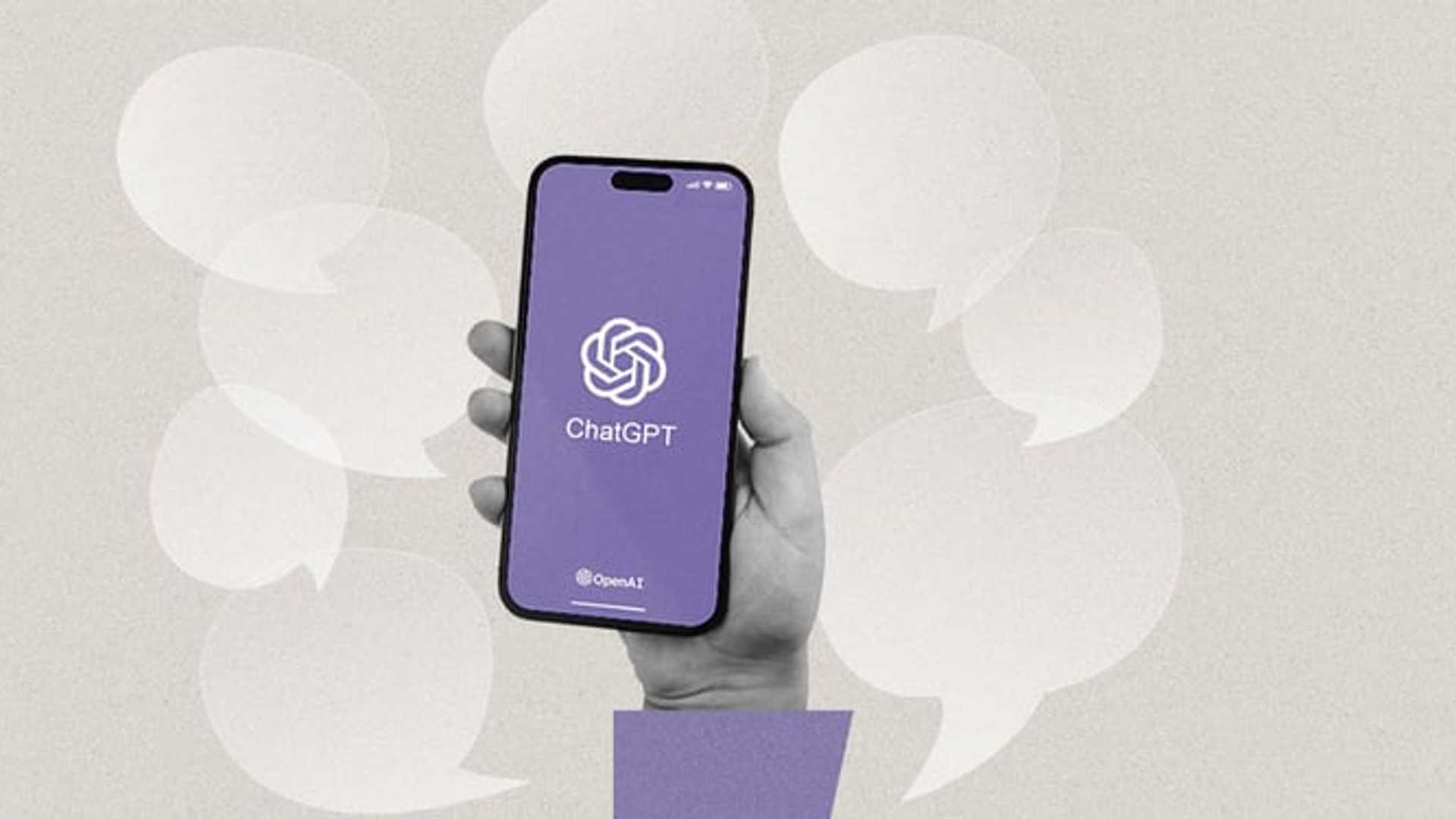We Compared ChatGPT's Medical Advice With a Real Doctor: Here's What We Found
ChatGPT, an AI chatbot designed by OpenAI, has caused quite a stir since its launch in 2022. The AI chatbot can provide users with answers to questions on a range of topics, including health and wellness. However, concerns have been raised about the reliability of its medical information. To investigate, Healthnews compared ChatGPT's responses to some common health questions against the analysis of Dr. Robert S. Stevens, an internal medicine, urgent care, and occupational medicine expert. Here is what we found.
Intermittent Fasting
The first question asked of ChatGPT was about intermittent fasting. ChatGPT's answer was mostly accurate, but Dr. Stevens found some issues. ChatGPT accurately explained that intermittent fasting may offer several health benefits, including improved insulin sensitivity, reduced inflammation, and a lower risk of chronic diseases. However, Dr. Stevens disagreed with ChatGPT's statement that intermittent fasting has no particular benefits over other weight loss diets and programs. Dr. Stevens noted that any diet program that helps someone lose weight will have the same health benefits. Additionally, ChatGPT's recommendation to check with a healthcare provider before starting an intermittent fasting regimen was appropriate. However, Dr. Stevens noted that healthcare providers are unlikely to recommend intermittent fasting due to its potential dangers. Finally, ChatGPT missed recent studies suggesting intermittent fasting could lower immunity and increase vulnerability to infections.
Diabetes Symptoms
The second question was about the symptoms of diabetes. ChatGPT's answer had some significant errors. ChatGPT's explanation of frequent urination and increased thirst was incorrect and unclear. Dr. Stevens clarified that frequent urination is due to too much sugar for the kidneys to handle, leading to sugar in the urine. This sugar pulls water out of cells and tissues, increasing urine amounts. Increased thirst is not due to frequent urination but due to the total fluid volume we have urinated out of our system. Additionally, ChatGPT's explanation of type 1 and type 2 diabetes was incomplete and misleading. Finally, ChatGPT's mention of blurred vision was not entirely accurate.
Moderate Wine Consumption
The third question was about the health benefits of moderate wine consumption. ChatGPT's answer accurately reported that moderate consumption of wine has been associated with potential health benefits, particularly for cardiovascular health. However, Dr. Stevens emphasized the importance of moderation, noting that excessive wine consumption or any alcohol can have negative health effects.
Can ChatGPT Deliver Accurate Medical Advice?
Overall, ChatGPT's responses to these health questions were mixed. ChatGPT performed well in its explanation of intermittent fasting, but Dr. Stevens noted some inaccuracies. ChatGPT's explanation of diabetes symptoms and types was incomplete and unclear, and its mention of blurred vision was misleading. ChatGPT's explanation of the health benefits of moderate wine consumption was accurate, but Dr. Stevens noted the importance of moderation.
It's essential to remember that AI chatbots like ChatGPT should not be relied on for medical advice. While they can provide helpful information, they are not a substitute for a qualified healthcare provider's opinion. If you have any concerns about your health, it's vital to see a professional.




















